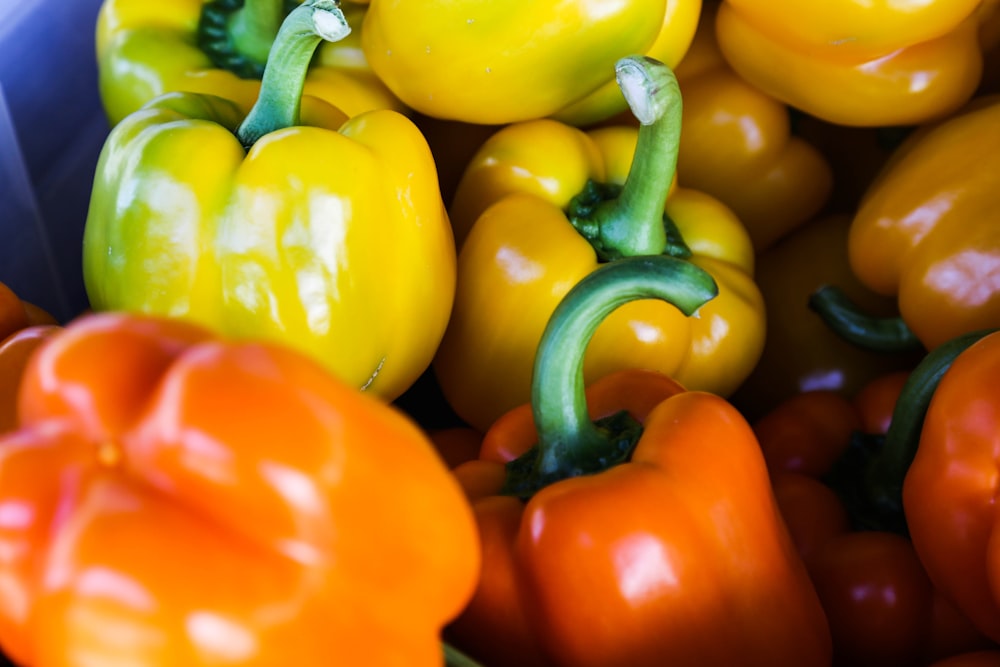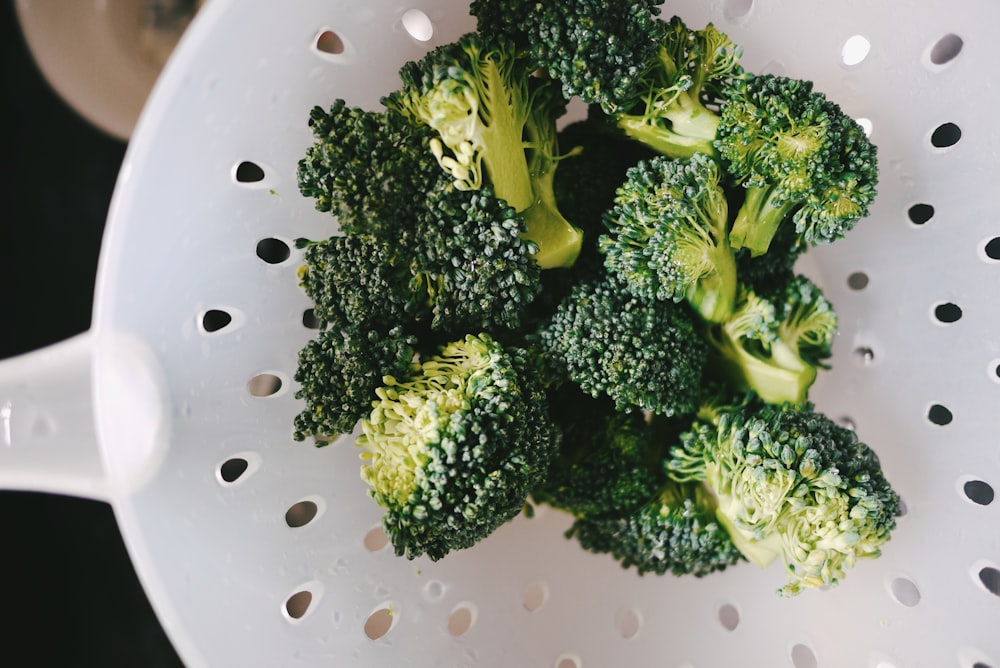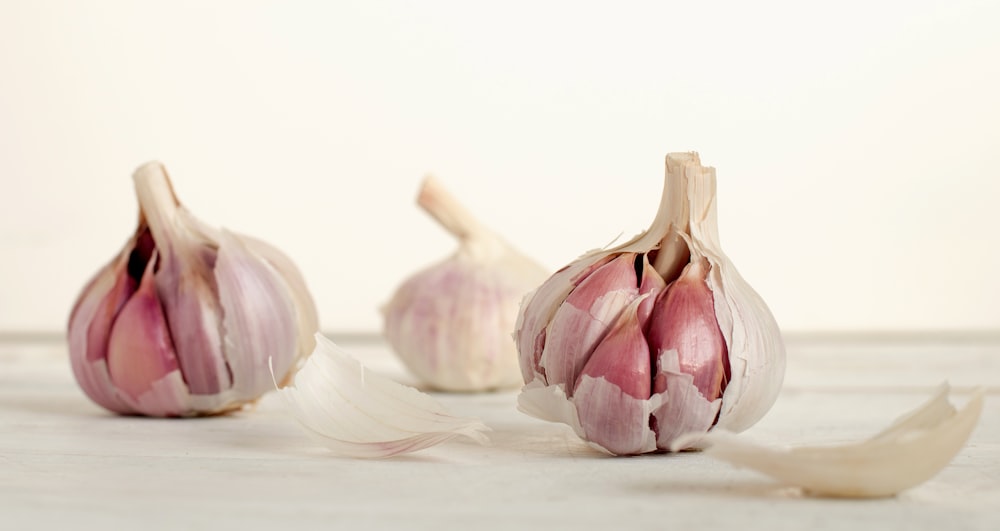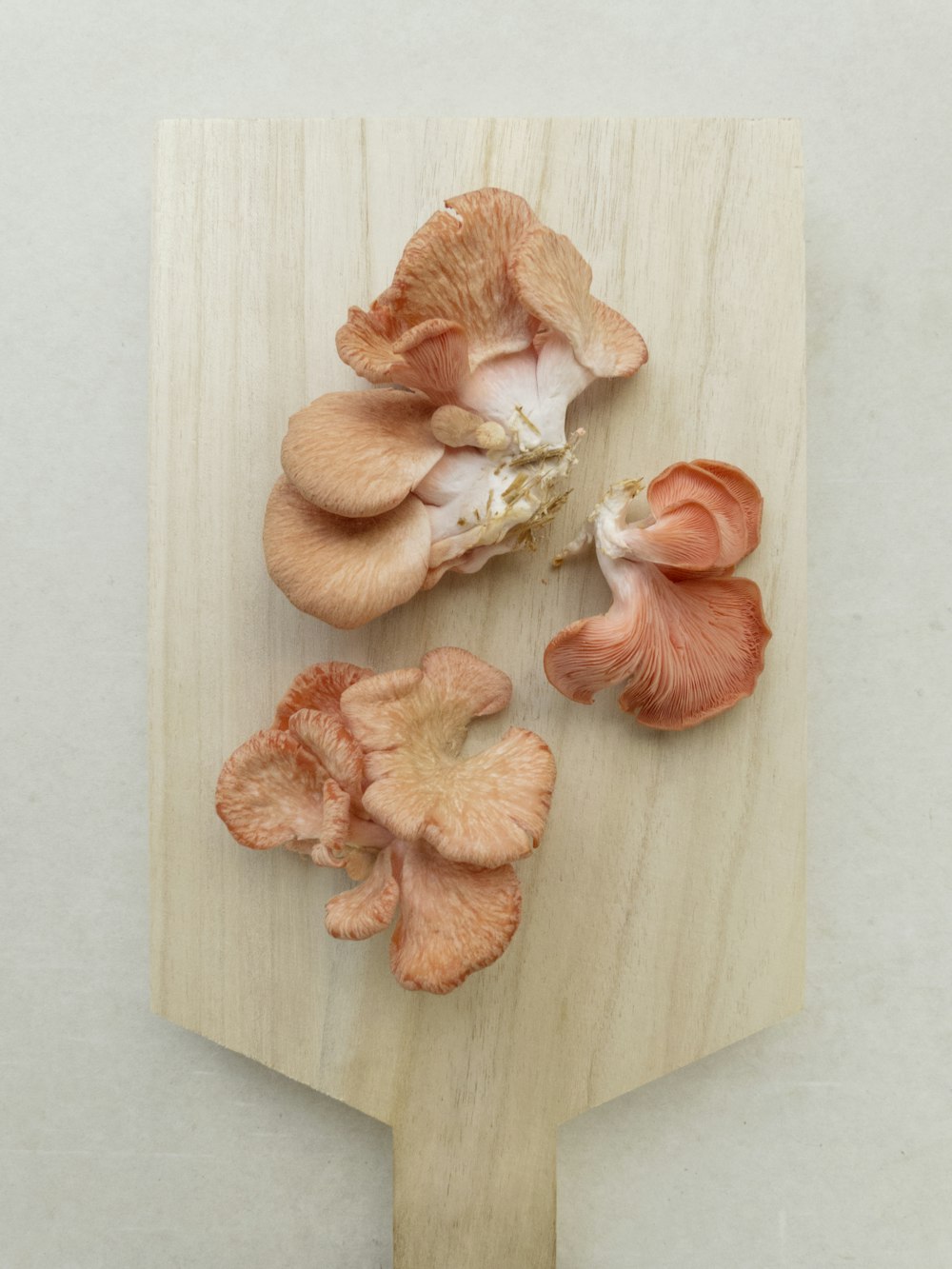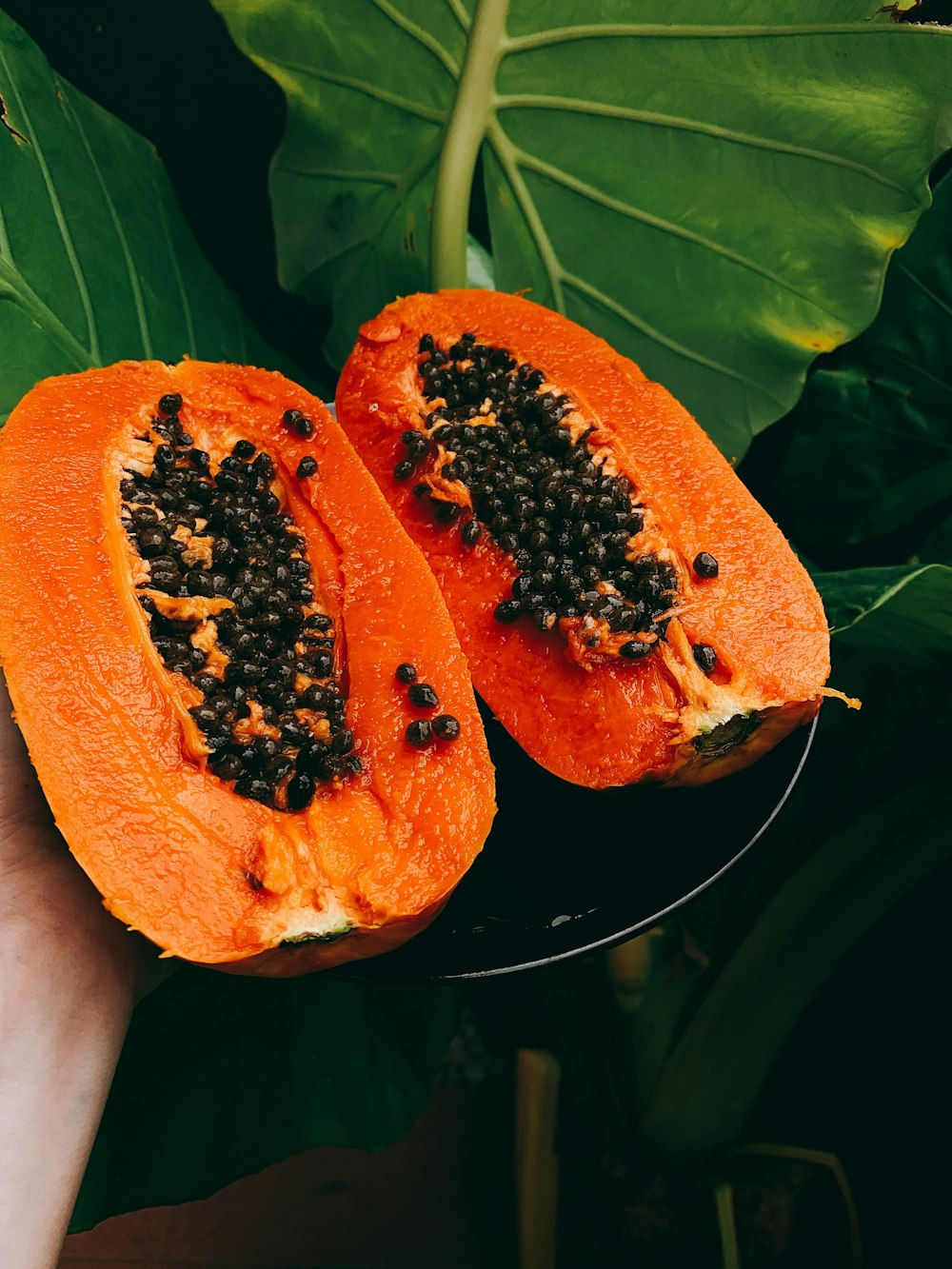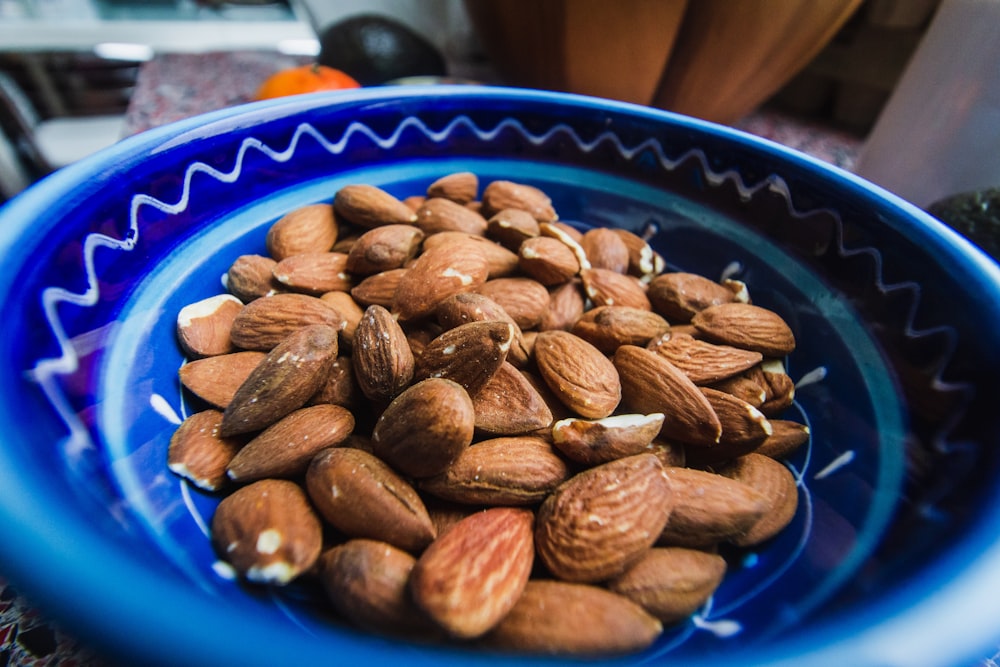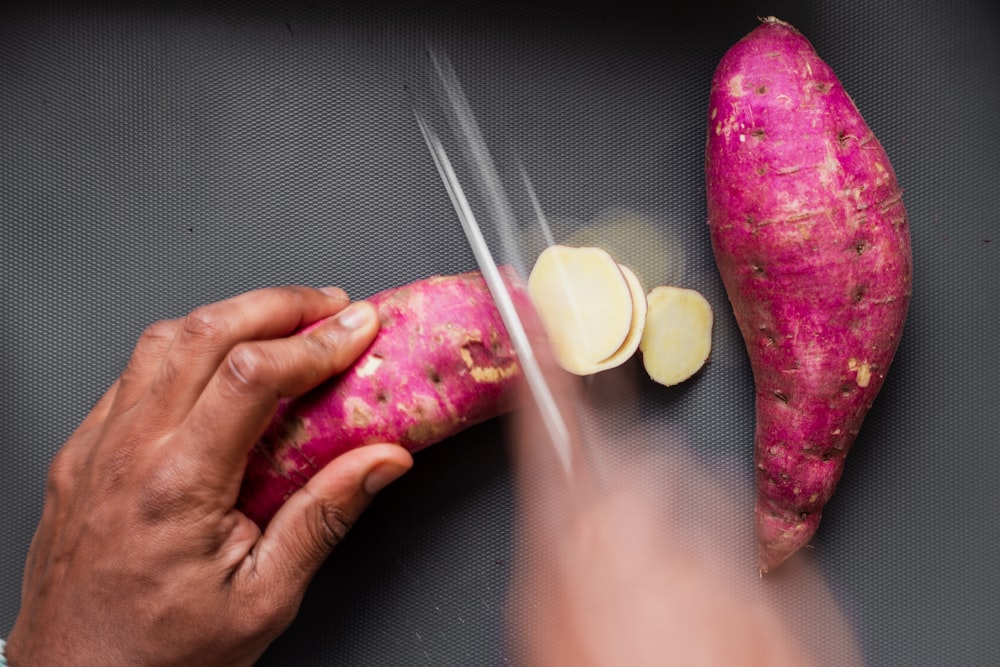What to Eat and What to Avoid Eating this Flu and Pandemic Season

You can get the flu (influenza) anytime, not just in winter, but also in spring, summer, or fall. In our region, flu season typically starts late October up to March, although it can start as early as August and end as late as May. During the cold months or drastic weather changes, the odds of getting the illness increase. And now, the coronavirus pandemic has pushed the flu season even further, and the odds of exponential increase even higher.
Health experts recommend several ways to reduce the risk of contracting the illness. Options include staying at home, conforming to precautionary measures like handwashing, or covering the mouth when sneezing and coughing. But, there’s a lot who would like to know what else they can do to prevent the flu virus from invading our bodies and disrupting our lives.
Is Handwashing Enough?
Viruses are nasty, evolving, tiny things. And since they can’t be seen by the naked eye, they can quickly spread without us noticing. One of the ways they spread is through physical contact. Physical contact is when you touch an infected doorknob or shake hands with someone who just sneezed viruses on it and then touch your face.
Simple preventative measures, like frequent and ‘proper’ handwashing, can cut down the transmission of the virus from one person to another. This is why the health authorities advise handwashing as much as you can or use hand sanitizers. However, not all people comply with washing hands as much as they can.
What to do besides handwashing?
The good news is that even if you have been exposed to the infectious microorganisms, it does not necessarily mean that the flu will be passed on to you. If you have a healthy and active immune system, running at full-throttle, you can avoid catching the flu. In fact, the immune system can usually fend off those that can harm your body, including viruses, bacteria, and other disease-causing microbes. This is why at times, you don’t even get a hint of a symptom when few viruses invade your body.
And besides handwashing, there are foods you can enjoy and add to your meals that can give your immune system an upper hand against the flu battle. Other foods, however, can do the opposite, and diminish how well your immune system fights pathogens (disease-causing microorganisms), leaving you at a greater risk of getting the flu and catching whatever the person who’s sneezing and coughing beside you has.
So, here’s the big question: What foods should you eat and what should you avoid this flu and pandemic season?
What to Avoid Eating During this Flu and Pandemic Season
First, let us talk about what you should avoid because it is more fun knowing the bad news before the good news, eh? So here are the top three food groups you need to avoid this flu and pandemic season:
1. Sugary Foods
Yes. This fact is terrible news for those who have a sweet tooth. And yes, it is very difficult to resist eating some sweet, happiness-boosting foods and desserts. But, we know that you already knew sugary foods would be included on this list, didn’t you?
Here’s what you should also know: foods rich in sugar can disrupt your immune system’s ability to fend off diseases properly. Aside from that, sugar—especially those that are in highly processed forms such as preserved fructose, actually feeds the “bad” bacteria in the gut.

So, before you take a bite from your favorite chocolate bar, eat a piece of cake, drink a can of soda, think about the processed sugar added in them. Research shows that the sugar they have can trigger the cascading effect of inflammatory protein messengers in our bodies called cytokines. Over-secretion of these proteins can cause a dangerous syndrome called a cytokine storm. Cytokine storm is a common complication of flu-like diseases such as COVID-19, SARS, and MERS.
If you are not sure what foods are high in sugar, you can check out the ingredient section of the product. Then, look for words with ‘-ose’ ending (example) sucrose or fructose. Try to avoid them as much as possible.
Remember, controlling your sugar intake is one of the crucial steps to optimizing your immune system.
2. Foods High in Trans Fat (Fatty Foods)
Other foods to avoid are those that have high amounts of trans fats. Trans fats can be found in fried foods or those cooked using refined vegetable oils such as corn, safflower, and soy. They contain high concentrations of omega-6 fatty acids. Omega-6 fatty acids are not the same as Omega-3 fatty acids, chemically speaking, but they have the same function in brain function and cell growth.

In excessive amounts, Omega-6 fatty acids can pose a lot of health risks. These fats can trigger uncontrolled inflammatory responses, which are under the control of the immune system. While you have Omega-3 fatty acids work as anti-inflammatory agents, Omega-6 fatty acids are the opposite. And if the body’s immune system is busy fighting against too many inflammatory fats, you can bet that it will be less effective to fend off either a cold or COVID-19 virus.
3. Refined Grains
Refined grains are grain products that have grains or grain flours that are significantly modified from their organic and natural composition. When we say modified, it means that they underwent mechanical removal of three key parts: the bran, germ, and endosperm, either through selective sifting or grinding.
Nutrition aside, refined grains not only lack certain components, but like refined sugars, they are missing fiber or simple carbohydrates. Our gastrointestinal system can easily digest these simple carbohydrates. Simply put, these events can lead to fluctuations in blood sugar levels and blood insulin levels. So, the next time you want to eat foods with grains, try to pick whole grains instead.
What to Eat During this Flu and Pandemic Season
Now, to help improve the odds of being flu-free and remain healthy this pandemic season, strengthen your defenses by adding these foods in your diet:
1. Bell Peppers
Bell Peppers, whether it is yellow, green, orange, or red, are all rich in beta-carotene and other sorts of vitamins. Beta carotene is a precursor of vitamin A also called retinol. Retinol is an important vitamin that plays a role in maintaining healthy skin, immune system, and mucous membranes. Vitamin C speaking, one medium-sized red bell pepper is enough to fulfill a person’s daily recommended dietary allowance, since it contains 152 milligrams of vitamin C.
2. Berries
Berries have health-promoting potential. They have high phytochemical and vitamin content that support the immune system. Phytochemicals are chemical compounds that occur naturally in plants, including fruits, legumes, nuts, seeds, vegetables, and whole grains. These compounds give plants their color, smell, and taste. Scientists estimate that there are thousands of phytochemicals and that they have potential benefits for human health. For example, Anthocyanins in berries have been shown to play a major role in aiding the immune system in defense of organs like the respiratory tract, potentially fighting conditions like the common cold.
3. Broccoli
It is not a surprise that broccoli is on this list. In fact, it is one of the healthiest vegetables around. Besides vitamins A, C, and E, it’s a great source of antioxidants. Some eat broccoli raw, while others prefer it slightly cooked.
Antioxidants help control inflammation and counteract oxidative stress. Oxidative stress, a naturally occurring process, is the imbalance of free radicals and molecules that fight them in the body. And if your body is experiencing oxidative stress, you are more prone to cell and tissue damage. Apart from that, it also plays a role in the aging process.
4. Citrus Fruits
Other excellent sources of vitamin C are Citrus fruits. Vitamin C, also called ascorbic acid, is a nutrient that boosts the immune system. In a study, researchers say that Ascorbic acid has antioxidant properties. They even mentioned that it is vital in all stressful conditions associated with inflammatory processes or those that involve immunity. Also, it helps stimulate the immune system by increasing its strength and its ability to protect the body against certain microorganisms.
5. Garlic
Garlic is one of the most common culinary herbs around the world. Besides being a food ingredient, garlic has many benefits to health and wellness. Various studies show that it helps reduce the development of dementia, heart disease risk (like hypertensive episodes), enhance immune function, and improve mental health.
For one, it was found that garlic is rich in antioxidants that help the immune system fight free radicals and germs that invade the body. The main active ingredient found in garlic, called allicin, is also thought to give garlic its herbal properties. Researchers say that allicin has antimicrobial activity by activating macrophages or large mobile white blood cells that fight against infection.
So, if you often get sick and experience the signs and symptoms of a cold or flu, try adding garlic to your dishes. Just keep in mind that it is still unknown how many times a month you need to take garlic or if it can still work when you already have the cold and flu symptoms. The bottom line, we can say that eating garlic may help prevent flu from occurring at least.
6. Green Leafy Vegetables
Cruciferous vegetables are excellent sources of calcium, fiber, iron, and vitamins C and K. These minerals and vitamins play a critical role in keeping the immune system healthy. They also encourage the cells in the digestive system to function properly. According to a recent study, certain dietary components, such as those present in green leafy vegetables, increase activation of the immune system. Furthermore, the National Institute for Medical Research (NIMR) provides new insight saying that some chemical compounds in dark, green vegetables are used by our immune systems to self-communicate, which is important in defending the body against infections and tissue repair processes.
7. Mushrooms
Recent studies suggest that several mushroom species may strengthen the immune system. In fact, one research says that edible mushrooms can improve human health and promote quality of life. However, there are about 14,000 to 22,000 known types of mushrooms around the world. And approximately 20 to 30 species are edible and cultivated. Among these cultivated species,15 are wild-foraged for consumption.
Eight known mushrooms are beneficial for immune support. These mushrooms include Chaga (Inonotus obliquus), Cordyceps (Ophiocordyceps sinensis), Lion’s Mane (Hericium erinaceus), Maitake (Grifola frondosa), Oyster (Pleurotus), Reishi (Ganoderma lingzhi), Shiitake (Lentinula edodes), and Turkey Tail (Coriolus versicolor).
There are plenty of mechanisms proposed to explain mushrooms’ medicinal effects on immune health. Some mushrooms positively influence the microbe population living in our intestines, enhancing our defense against pathogens. Others have been shown to help the immune system by improving the immune responses. However, some extracts of certain mushroom species can also halt the innate immune response, thereby prevent an allergic response.
8. Papaya
Did you know that a single papaya fruit contains more than 200% of your Recommended Dietary Allowance (RDA) for Vitamin C? Yes, another reason to eat fresh papaya slices, especially this season. Furthermore, the nutritive value of papaya extends beyond providing us with vitamin C. Papaya is also known to:
- aids in healthy eyesight
- helps reduce stress
- helps in weight loss
- improves digestion
- lowers cholesterol
- prevents signs of ageing
- reduces risks of cancer
9. Nuts and Seeds
Nuts and seeds are excellent sources of several vitamins and minerals. Depending on what kinds of nuts or seeds, they can provide iron, selenium, vitamin B, zinc and several other vitamins and minerals.
Here is a quick look at what these vitamins and minerals can do:
Iron
Recent evidence shows that the mineral iron is an essential element for the healthy development of our immune system.
Selenium
Selenium plays a major role in maintaining the health and normal function of the immune system. It contains antioxidants that aid in lowering the oxidative stress in the body, consequently reducing inflammation and enhancing immune response. Research also demonstrates that an increased level of selenium in the blood is linked with better immunity.
Vitamin B
Vitamin B, particularly pyridoxine, also known as Vitamin B6, helps keep the immune system strong. Although, additional studies are needed to determine whether vitamin B6 intakes more than the current recommended dietary allowance could reverse immune system impairments and/or at least prevent immune dysfunction and diseases.
Zinc
The mineral zinc is associated with the production of white blood cells, which are the primary soldiers of the immune system.
So, if you do not have allergies to nuts or seeds, as well as gout and other contraindications, you may want to snack on some almonds, cashews, hazelnuts, pecans, and walnuts.
10. Sweet potatoes
Sweet potatoes are full of antioxidants, beta carotene, and vitamin A. Not only that because They are also a great source of fibre, potassium, and other essential nutrients. A 124 grams or small size of sweet potato provides 12.8 mg of ascorbic acid (vitamin C). Vitamin C, in turn, enhances iron absorption and supports our immune system. Current dietary guidelines recommend a daily intake of at least 90 mg of vitamin C for adult men and 75 mg for adult women.
If you have had enough of citrus fruits and vegetables, maybe you can try baking some sweet potatoes to increase your vitamin C intake. Otherwise, you can take daily supplements to boost your immune system.
11. Yogurt and Other Fermented Foods
Fermented foods are making their namesake for containing several healing compounds. Popular examples of fermented foods include kefir, kombucha, kimchi, sauerkraut, tempeh, and yogurt. Besides adding tang and zest to meals, fermented foods also aid in digestion, help in weight loss, and reduce heart disease risk.
And how do they aid in boosting immunity? Well, researchers at the University of Leipzig found out that the good bacteria in fermented foods assist in the normal function of the immune system. They discovered that these bacteria help signal the human immune system. The mechanism of how they signal the immune response involves a cell receptor called Hydroxycarboxylic acid receptor 3 (HCA3). Cell receptors are proteins that allow the cells in our bodies to recognize specific and receive messages between cells from different areas in the body. When we eat fermented foods, the metabolites bind to the HCA3 receptors in our cells, therefore triggering a signal that alerts our immune system in the presence of certain pathogens such as flu viruses or bacteria.
12. Herbs and Spices
Since we are talking about boosting the immune system, here’s a little extra tip: add flavour and strength to your immunity by using herbs and spices. Whether it’s a sprig of basil on top of your pasta, sprinkled rosemary and thyme on your marinade, or infused mint leaves on your daily fruit juice, herbs can fuel your immune system.
For example, one study mentioned that tulsi leaf, also termed as holy basil, can boost the function of the immune system by increasing the levels of specific immune cells in the blood. In another research, it was noted that rosmarinic acid in rosemary could suppress symptoms of allergy and reduce nasal congestion.

Remember, there are a lot of herbs and spices that can help keep your immune system fighting at its maximum level, so don’t forget to use some holy basil, cilantro, oregano, RosemarY, and thyme from your cupboards.
Pointers to remember:
We should note, however, that some research findings pointed out on the research and clinical trials are only preliminary, and others have so far only been tested in laboratory animals such as mice. A great deal of further studies and trials are still needed to assess whether or not these research results fully apply to humans of all ages and gender.
While these new research findings seem to be a bit abstract for some people to sink their teeth into, it does not change the fact some foods can really help us boost our immune system. For instance, consuming more and more green leafy vegetables is an excellent way to fight the flu and colds, and we do know for a fact that fruits are definitely a great addition to a healthy diet.
Additionally, it is important to note that these foods won’t probably make you completely immune to any flu or diseases. There are other factors that can either help or hinder your immune system from functioning effectively.
To give your immune system the right ammo in the battle of germ warfare, you can also take immune booster supplements, especially if the foods listed above aren’t readily available in the market near you.
Help your immune system!
In summary, keep in mind that there are foods that have been found to work against a healthy immune system, and there are also foods that can give you the upper hand even if you are exposed to pathogens. Additionally, there are supplements that you’ll want to add to your daily routine for a healthier, stronger, and more effective immune system.

